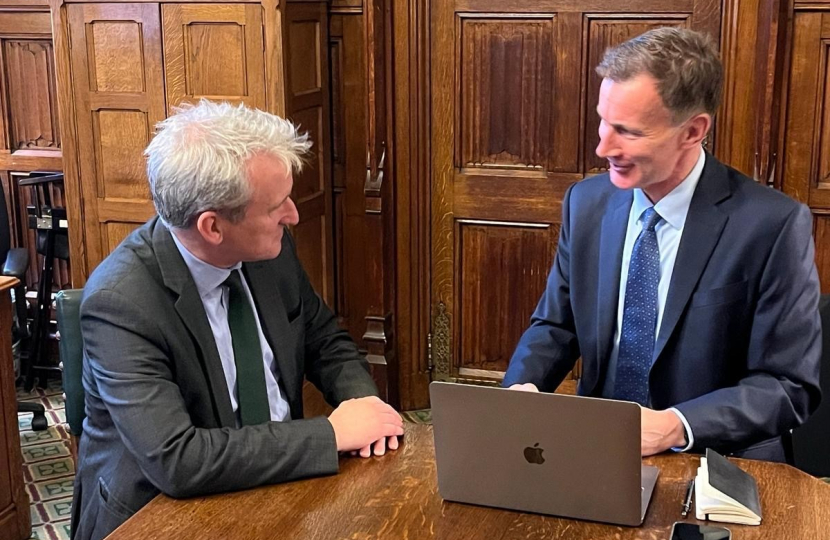
This week's article for the Herald and Post...
Economic indicators rarely move in a smooth straight line. Last week’s GDP figures are a reminder that we are not out of the woods yet and there is more to do.
But alongside the GDP figures, pay growth has exceeded prices growth, and unemployment remains near a record low.
The Office for National Statistics estimates the unemployment rate is at 3.8 percent, half the level it was in 2010.
For us locally, the most recent East Hampshire ‘claimant count’ was 2.1 percent, compared to the national figure of 3.7 percent. As I have written before in this column, our bigger employment market issue locally is often more about employers filling vacancies rather than the other way around.
Despite the low level of unemployment – that is, people ready for and actively seeking work – there is a big opportunity from the Back to Work Plan, helping those people who’ve been out of the labour market altogether for a long time, but who could work, to look for and stay in employment.
I know from my last role as Prisons minister, working with organisations that work with ex-offenders, that the barriers for some to get back into work can be steep indeed. But there is a whole range of cases and causes and circumstances, of course, and a range of help that can be given.
The Chance to Work Guarantee is designed to empower more health benefit claimants who want to try work; and the growth in remote and flexible working does create new possibilities.
Extensions being made to childcare entitlements will also help ease the barriers to some in returning to work. And with abolition of the Lifetime Allowance, we are removing the cap on pensions that has impeded some staying in work.
Inflation remains the key issue. As well as all its other adverse effects, it is the single biggest barrier to growth. That is the reason it was the first of the priorities the Prime Minister set out.
Inflation has now fallen from its peak of just over 11 percent, to 4 percent. It is forecast to fall further in the months ahead.
Clearly there remain significant challenges. But there is progress.
Revised GDP data show the UK economy has grown more quickly than Germany and France since the pandemic. For 2023 as a whole, GDP is estimated to have increased slightly compared to 2022.
Forecasters, including the Bank of England and IMF, believe growth will strengthen, as well as inflation coming down.
But it’s likely it will continue not to be in smooth straight lines.



